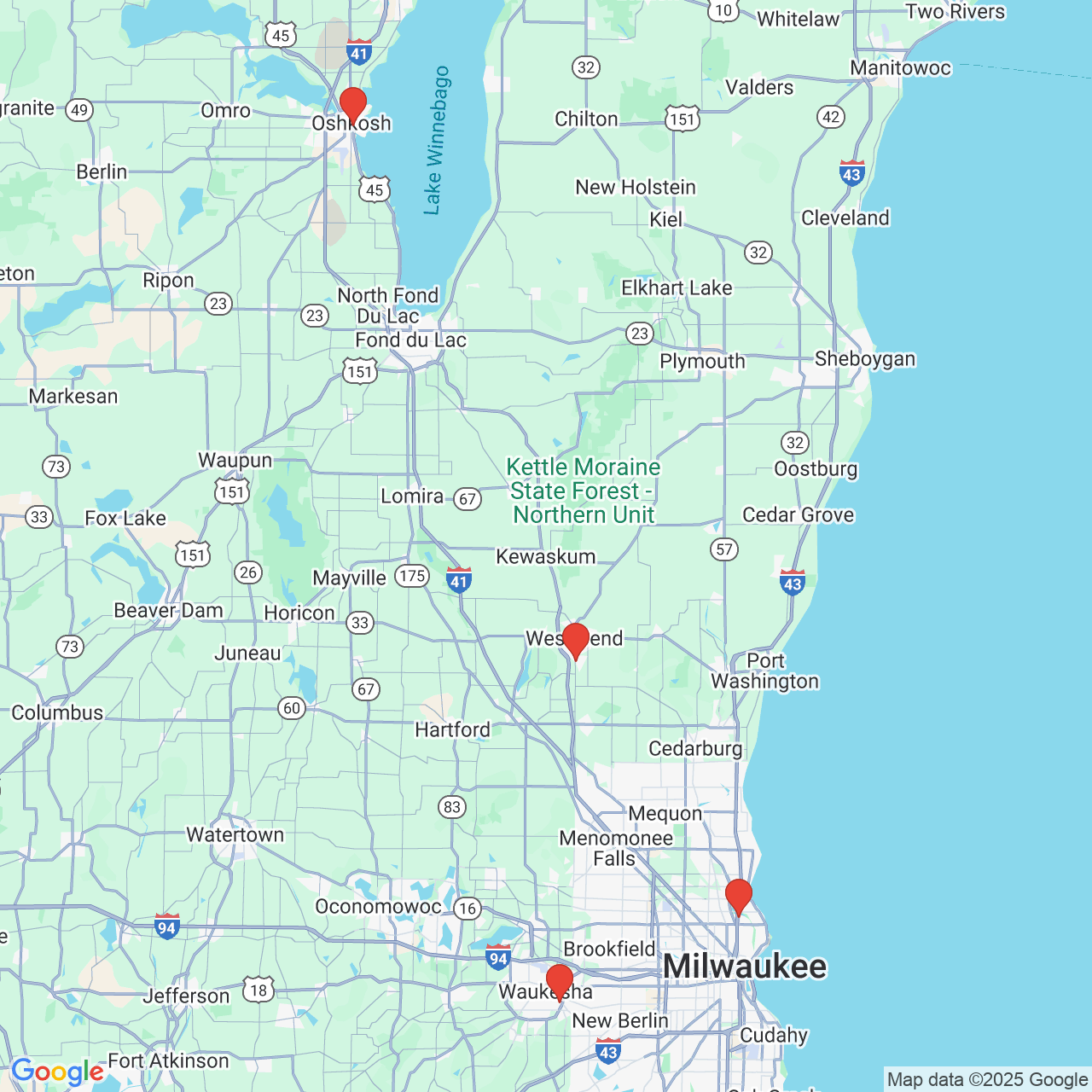DUI and Field Sobriety Tests
 A field sobriety test refers to a series of non-objective tests that police officers can conduct to assess sobriety in a motorist. Rather than relying on instruments and data, the police officer must note coronation, eye movement, and so forth. Field sobriety tests do not include the use of a breathalyzer or taking blood or urine samples for lab testing of alcohol content.
A field sobriety test refers to a series of non-objective tests that police officers can conduct to assess sobriety in a motorist. Rather than relying on instruments and data, the police officer must note coronation, eye movement, and so forth. Field sobriety tests do not include the use of a breathalyzer or taking blood or urine samples for lab testing of alcohol content.
While field sobriety tests are common, Wisconsin drunk driving attorneys Andrew Mishlove and Lauren Stuckert want to note problems with this kind of testing, and why non-objective measures of intoxication are not always reliable. BY working with experienced drunk driving defense and DUI lawyers at Mishlove & Stuckert, LLC, you can make sure your rights and protections were not violated during a traffic stop and arrest.
Actions Performed During a Field Sobriety Test
Field sobriety tests can vary, but there are a few common actions that officers ask a driver to do the following:
- Horizontal Gaze Nystagmus (HGN) - This test allows officers to note the involuntary jerking of the eye as a person gazes to one side. When a person is impaired by alcohol, this jerking motion becomes more pronounced.
- Standing on One Leg - A simple test for balance, an officer asks the motorist to stand on one leg. Inebriated people will find this more difficult.
- Nine-Step Walk and Turn - To assess coordination, officers may ask a driver to walk nine steps in a straight line, heel to toe. At the end of nine steps, the driver must turn and walk back the way they came.
Field Sobriety Tests Do NOT Measure BAC
As you may have noticed from the list above, none of the actions assess the amount of alcohol content in a person’s bloodstream. Since there is no objective or scientific measure of BAC, a field sobriety test alone should not be sufficient for a drunk driving charge. Blood, breath, or urine tests must also be conducted to determine intoxication.
Problems with Nervousness During Field Sobriety Tests
Being pulled over and asked to perform tasks for a police officer can be intimidating. It’s not uncommon for people to feel nervous or anxious, which can make even the simplest of tasks difficult. Walking in a line or standing on one leg could become challenging given the nature of the situation, which could result in an officer falsely assuming a motorist is drunk.
Can I Refuse to Take a Field Sobriety Test?
While you can refuse to take a field sobriety test, it is not recommended. Refusal to do so will result in license revocation for one year on top of additional penalties. It’s often a better idea to fight the charge in court rather than lose your license as part of the refusal.
How Our DUI Attorneys Can Help
Our drunk driving attorneys will offer sound legal advice and counsel every step of the way. By noting the evidence in your case and the details of your arrest, we can create a strong legal defense that helps reduce penalties if not get charges dropped outright. Regardless the outcome of the case, we can help you understand what comes next regarding your driver’s license, your driving record, and so forth.
Contact Experienced Drunk Driving Lawyers
To learn more about your legal options following a DUI stop, be sure to contact an experienced drunk driving defense lawyer. The legal team at Mishlove & Stuckert, LLC is here to help you. Our office in Milwaukee can be reached by phone at (414) 209-5724, our Oshkosh office at (920) 306-8420, our West Bend office at (262) 239-4640, and our Waukesha office at (262) 330-1527.


